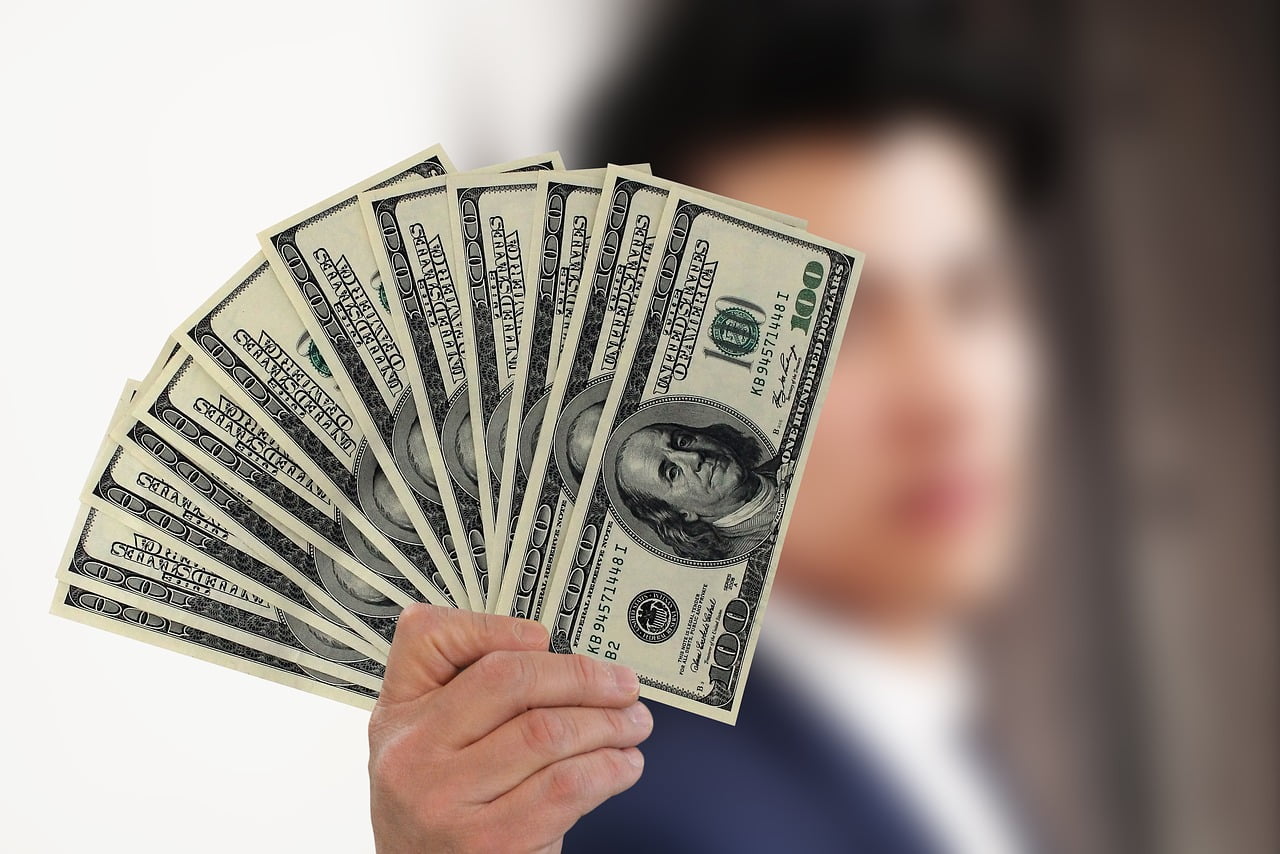There’s been little coronavirus stimulus check and aid news since President Donald Trump signed the executive orders over the weekend. Those orders are expected to face legal challenges, so his attempt to side-step Congress may come to nothing.
Q2 2020 hedge fund letters, conferences and more
It's unclear whether talks over coronavirus stimulus checks and other provisions will begin again today, but lawmakers from both houses of Congress have left for their month-long August recess. In the meantime, there is plenty of finger pointing as both sides blame each other for their lack of an agreement on stimulus matters.
White House Chief of Staff Mark Meadows, Treasury Secretary Steven Mnuchin, Senate Minority Leader Chuck Schumer and House Speaker Nancy Pelosi have spent the last two weeks attempting to hammer out a deal. However, the two sides didn't even come close to an agreement on anything but a second round of coronavirus stimulus checks.
House Minority Leader Kevin McCarthy blamed Pelosi for the lack of an agreement, saying that her "personal wish list" doesn't have anything to do with the COVID-19 pandemic. He told Sunday Morning Futures on Fox News that with every round of stimulus legislation, Pelosi has "always held it up for her own personal wish list."
For example, Republicans want to help states with their plunging tax revenues and soaring coronavirus-related expenses. However, Democrats also want to bail out Democrat-run states that have been managing their budget poorly for years.
Executive order called into question
While McCarthy praised Trump's use of an executive order to provide some relief, Sen. Ben Sasse, a Republican from Nebraska, called the president's order "unconstitutional slip." Additionally, today's coronavirus stimulus news is now turning to the legality of that order.
Sasse said Trump "does not have the power to unilaterally rewrite the payroll tax law," just as previous President Barack Obama didn't have the power to "unilaterally rewrite immigration law with DACA." However, Obama's institution of DACA did stick, so there is a chance Trump's executive orders will be enacted.
The problem is that his order doesn't make it clear how the orders will be enacted. Some have also called into question the way the order supposedly pays for the provisions.
For example, MarketWatch called attention to a tweet from Federal Reserve advisor Diane Swonk. She said the order for the payroll tax cut doesn't help those without a paycheck and is hard to enforce. She said employers would have to pull back on tax collection or front the money for those payroll taxes when the bills come due.
A comment on executive orders:
1) Order to reduce payroll tax cut doesn’t help people w/o a pay check and hard to enforce as employers would be forced to do clawbacks and/or front the money for those cuts when the bills come due. Hard to comply.
— Diane Swonk (@DianeSwonk) August 8, 2020
Additionally, the executive order provides an extra $400 in weekly unemployment benefits after the extra $600 in weekly benefits expired at the end of July. However, Trump said the money would come from disaster relief funds, and analysts called that move into question because the hurricane season is right around the corner.
Further, already cash-strapped states would have to provide $100 of the extra $400. They might not be able to do that due to falling tax revenues and soaring costs related to COVID-19. The extra unemployment program will last five weeks before it runs out of money.
Former Treasury Department economist Ernis Tedeschi tweeted that he doesn't believe the unemployment program set forth in the executive order will work.
Will defer to experts like @EvermoreMichele @marthagimbel and @ernietedeschi. But reading this actual fed bonus $300, no? Eligibility comes if you get $100/week in UI (Section 4d), that being state share?
Also at $300 with 30m+ claiming benefits $44bn would only cover 5 weeks. https://t.co/4r15bEUupd
— Shawn Donnan (@sdonnan) August 8, 2020
Another problem is that the extension of the moratorium on evictions is more of a suggestion than an order, which means landlords would not have to comply. Bharat Ramamurti, who is part of the COVID-19 Congressional Oversight Commission, tweeted that the order doesn't actually create an eviction moratorium.
Instead, he said it requests that certain federal agencies "see if they can maybe do something on evictions."
Let's take a look at the actual text of these executive orders.
Here's the heart of the one on evictions. As you can see, it doesn't create an eviction moratorium. It asks certain federal agencies to see if they can maybe do something on evictions. pic.twitter.com/MrJyg16qIM
— Bharat Ramamurti (@BharatRamamurti) August 8, 2020
Meanwhile, Chicago Federal Reserve President Charles Evans told CBS News over the weekend that the U.S. should implement more coronavirus stimulus measures. He said lawmakers should provide aid so workers can stay at home while COVID-19 keeps spreading.
He added that lawmakers should protect small businesses and communities with measures to enable them to keep paying their rent and buying food for as long as the coronavirus continues to spread. Pelosi and Mnuchin said over the weekend that they are open to beginning again to try to come to an agreement on stimulus measures.
However, it's not clear if they actually will.






